The Sound Perimeter: Music And Human Connection
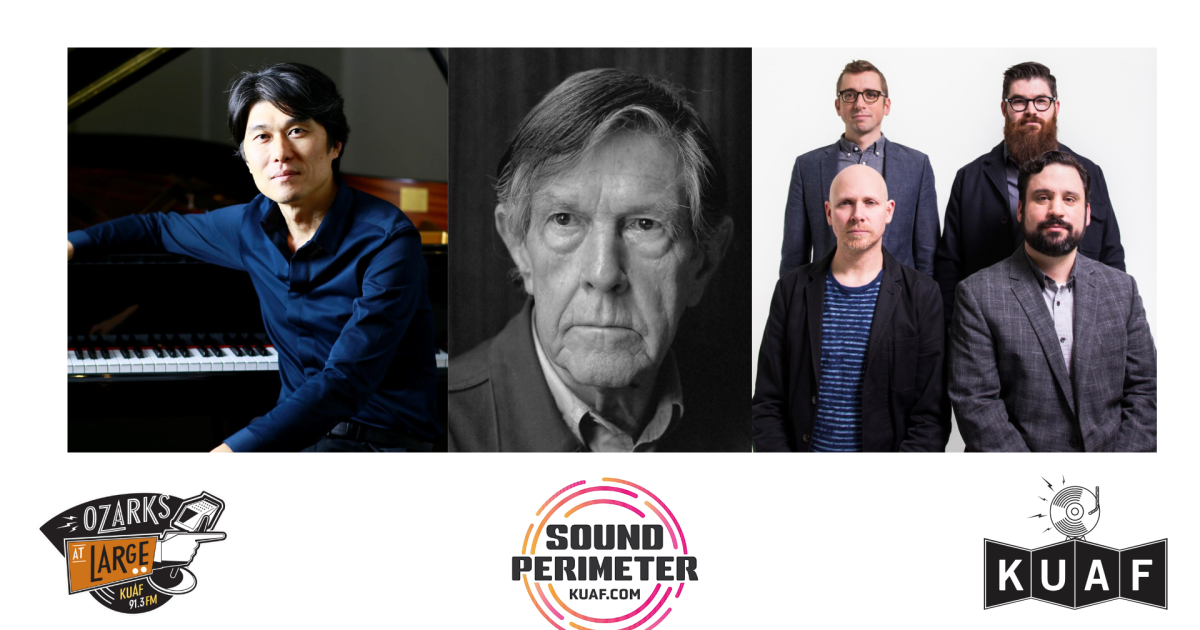
Table of Contents
The Evolutionary Basis of Music and Social Bonding
Music's power to connect us isn't a recent phenomenon; it's deeply rooted in our evolutionary history.
Music as a Social Glue
Anthropological evidence suggests music played a crucial role in early human societies, strengthening group cohesion and cooperation.
- Tribal music: Many indigenous cultures utilize music in rituals, ceremonies, and work songs, fostering a sense of shared identity and purpose. The rhythmic chanting and drumming create a powerful sense of unity.
- Synchronized movement: The rhythmic nature of music encourages synchronized movement, promoting a feeling of collective action and shared experience. Think of the powerful impact of marching bands or line dancing.
- Group identity: Shared musical experiences solidify group identity and belonging. Think of national anthems, sports team songs, or the bonding experienced at concerts.
Neurological Underpinnings of Musical Connection
Neuroscientific research reveals the profound impact of music on our brains, particularly shared musical experiences.
- Brain synchrony: Studies show increased brain synchrony among individuals engaging in collaborative music-making, indicating a heightened level of interpersonal connection.
- Oxytocin and endorphins: Shared musical experiences trigger the release of oxytocin ("the love hormone") and endorphins, promoting feelings of well-being, trust, and empathy. This explains the intense emotional connection often felt during live music performances.
- Empathy and emotional bonding: Music's ability to evoke strong emotions facilitates empathy and emotional bonding. Listening to music together, whether joyful or melancholic, creates a shared emotional space.
Music's Role in Cultural Exchange and Understanding
Music transcends linguistic and cultural boundaries, acting as a powerful tool for communication and understanding.
Translating Across Cultures
Music genres often transcend geographical limitations, creating universal appeal and facilitating cross-cultural exchange.
- Global genres: Genres like jazz, reggae, and hip-hop have become global phenomena, demonstrating music's ability to connect people from diverse backgrounds.
- Diplomacy and intercultural dialogue: Music is increasingly used in diplomatic efforts and intercultural dialogue, fostering understanding and empathy between different cultures. Musical collaborations between artists from different nations are powerful examples of this.
- Universal language: The emotional language of music speaks across cultures, often bypassing language barriers to connect listeners on a deeper level.
Music as a Vehicle for Storytelling and Shared Narratives
Music serves as a powerful vehicle for conveying stories, emotions, and cultural values, creating shared experiences across diverse groups.
- Musical narratives: From traditional folk songs to modern-day operas, music narrates stories, preserving cultural history and transmitting values across generations.
- Cultural heritage: Music plays a critical role in preserving and celebrating cultural heritage, connecting people to their roots and fostering a sense of shared history.
- Emotional resonance: Music's ability to evoke powerful emotions fosters a deeper understanding and appreciation of different cultural perspectives.
The Modern Landscape: Music and Connection in the Digital Age
The digital age has profoundly altered how people connect through music, creating new opportunities for global communities and collaborative creativity.
Social Media and Music Communities
Online platforms have revolutionized music consumption and community building.
- Music streaming: Services like Spotify and Apple Music allow users to discover music from around the world, fostering connections with artists and other listeners from diverse backgrounds.
- Social media engagement: Platforms like YouTube, Instagram, and TikTok enable direct interaction between artists and fans, building global communities around shared musical interests.
- Collaborative projects: Online platforms facilitate collaborative music projects, connecting musicians from different parts of the world to create and share music together.
Music Therapy and its Healing Power
Music therapy leverages the therapeutic power of music to improve emotional well-being and foster social connection, particularly for individuals facing isolation or mental health challenges.
- Therapeutic techniques: Music therapists use various techniques, such as songwriting, improvisation, and listening to music, to address emotional and social challenges.
- Rehabilitation and social inclusion: Music therapy is increasingly used in rehabilitation programs and social inclusion initiatives to promote emotional healing and social reintegration.
- Mental health support: Music's ability to regulate emotions and reduce stress makes it a valuable tool in supporting mental health and well-being.
Conclusion
The "sound perimeter" of music is a powerful force shaping our social lives, influencing our cultures, and promoting our well-being. Music's ability to transcend boundaries and foster deep human connection is undeniable. From its evolutionary roots in social bonding to its modern manifestations in global online communities and therapeutic applications, music remains a vital element in our shared human experience. To strengthen the bond of music and human connection, actively engage with music: explore diverse musical styles, participate in musical activities, and support music education initiatives. Let the power of music resonate within your own life and community, enriching your experiences and fostering stronger connections with others.

Featured Posts
-
 Michael Strahans Interview Coup Winning The Ratings Game
May 21, 2025
Michael Strahans Interview Coup Winning The Ratings Game
May 21, 2025 -
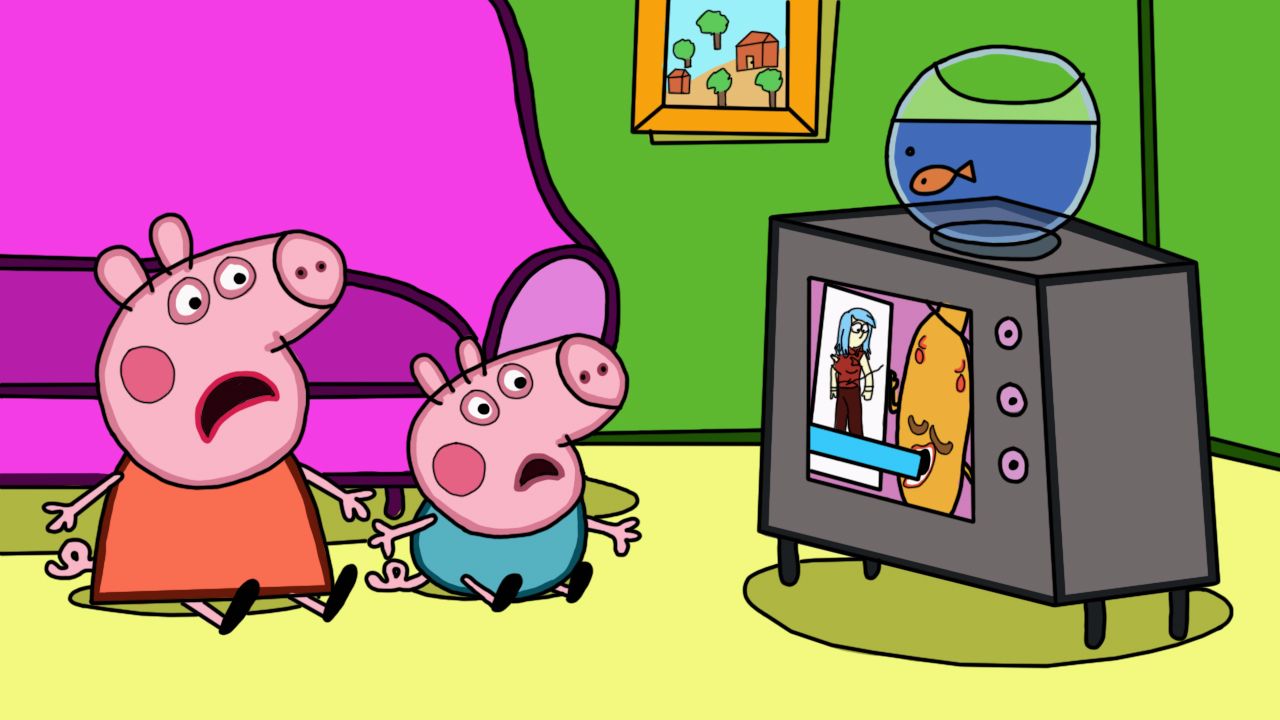 Peppa Pig Fans Stunned 21 Year Old Mystery Solved
May 21, 2025
Peppa Pig Fans Stunned 21 Year Old Mystery Solved
May 21, 2025 -
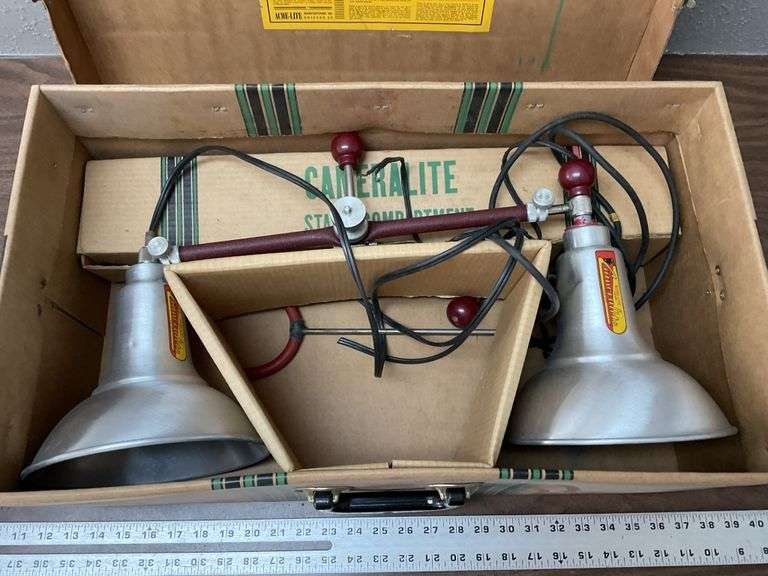 The Traverso Family A Photographic Legacy At Cannes
May 21, 2025
The Traverso Family A Photographic Legacy At Cannes
May 21, 2025 -
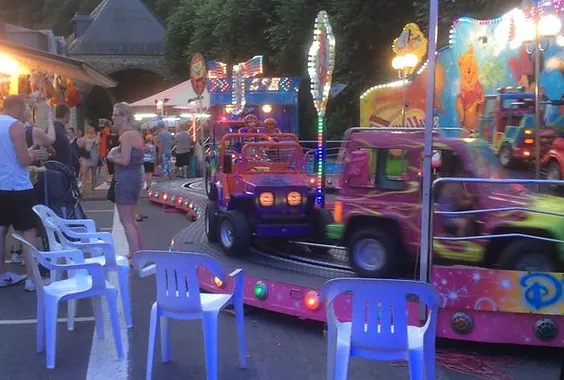 Spectacles Engages Au Festival Le Bouillon De Clisson
May 21, 2025
Spectacles Engages Au Festival Le Bouillon De Clisson
May 21, 2025 -
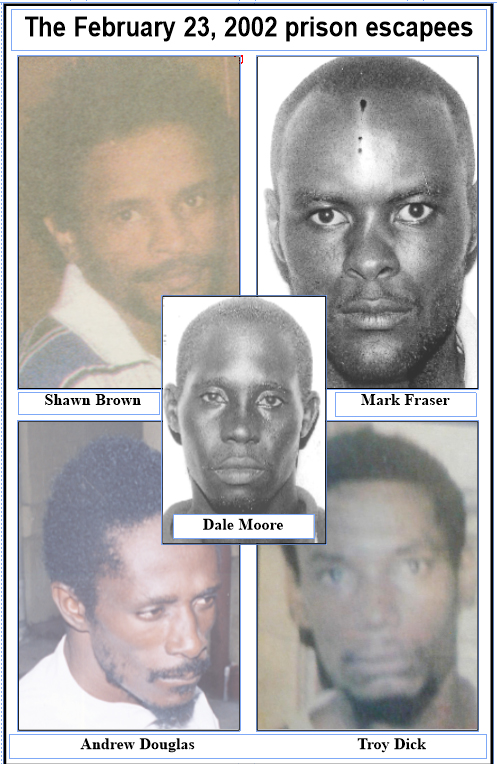 Kartel And Rum Culture A Stabroek News Investigation
May 21, 2025
Kartel And Rum Culture A Stabroek News Investigation
May 21, 2025
